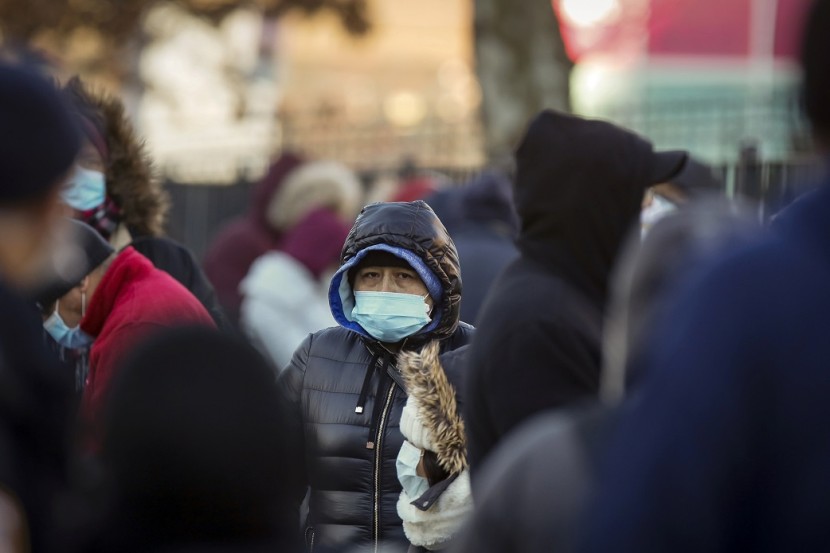
COVID-19 could be most contagious in the first week the host exhibits symptoms, which could have caused the disease to prevail rapidly.
Researchers from Hong Kong assessed saliva samples from 23 patients diagnosed with the novel coronavirus at two hospitals in the city.
The World Health Organization (WHO) announced the novel coronavirus pandemic as a global public health emergency as international experts have been researching the virus. The aim is to learn information about SARS-CoV-2 to allow specialists to create the most effective preventive and mitigating strategies.
According to the finding of a new study, people infected with COVID-19 are mainly infectious before they have symptoms and for about a week after symptoms start. The research study followed nine people in Germany who contracted the novel coronavirus.
People who contracted the SARS-CoV-2 virus, which causes the novel coronavirus, may test positive both before and after they have symptoms.
Contagious viruses were isolated from about 17 percent of nose and throat swabs with more than 83 percent of phlegm samples during the first week, researchers reported in a study posted at medRxiv.org.
Patients gave off thousands to millions of viruses in their noses and throats, which is about 1,000 times as many virus as produced in SARS patients.
Samples from the patients' throats showed that the coronavirus was most contagious during the first week after the person had been infected.
Blood and urine samples did not reveal any virus traces, but stool samples yielded viral RNA.
Meanwhile, infectious disease researchers at The University of Texas at Austin studying COVID-19 were able to determine how quickly the virus can spread. This factor could help public health officials in their attempts at containment. They found that the duration between cases in a series of transmission is less than a week. More than 10% of patients contract from a person who has the virus but does not yet have symptoms.
Scientists observe the time it takes for symptoms to appear in two people with the virus to measure serial interval: the person who infects another, and the second person who contracts the virus.
These studies reveal that patients diagnosed with COVID-19 shed large quantities of the virus on the early stage of their illness. They are likely to become less infectious as the disease wears on.
The new coronavirus which has infected more than 400,000 people worldwide with around 16,000 fatalities, tended to be more prevalent in older patients and may stay in the body for nearly a month.
The coronavirus can also be asymptomatic, causing no obvious signs of illness in some people.
"The high viral load within the first week of illness suggests that the virus can be transmitted from one person to another easily before the patient is hospitalized," according to Kelvin To Kai-wang, clinical associate professor at the University of Hong Kong's microbiology department.
Encouraging news indicates that decreasing numbers of the infectious virus after antibody production turns on "means that after about 10 days or so, you're not likely to be infecting other people."
Related Article : Hantavirus Kills One in China, May Be Next Outbreak After Coronavirus?
© 2025 HNGN, All rights reserved. Do not reproduce without permission.








